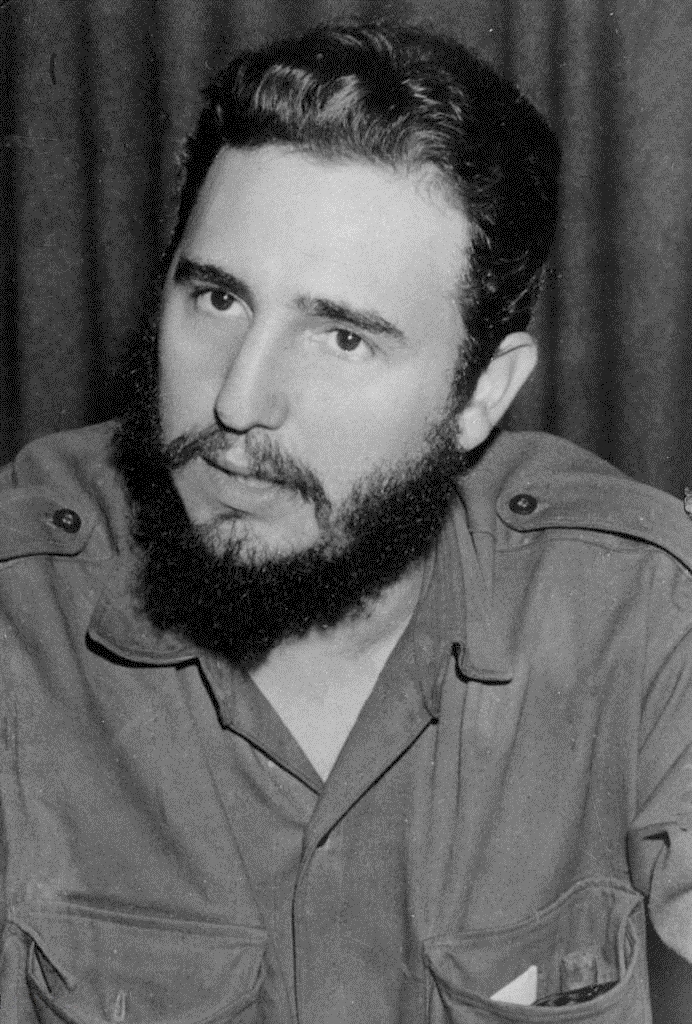Fidel Castro, born on August 13, 1926, was a prominent Cuban revolutionary and political leader who played a significant role in shaping the history of Cuba. Known for his charismatic leadership, Castro led the successful Cuban Revolution in 1959 and subsequently served as the Prime Minister and later as the President of Cuba until 2008. This article aims to explore the life, accomplishments, and controversies surrounding Fidel Castro, shedding light on his impact on Cuba and the world.
Fidel Castro was born into a middle-class family in Birán, Cuba. He studied law at the University of Havana and became politically active during his university years. It was during this time that he became disillusioned with the corruption and inequality present in Cuban society, primarily caused by the dictator Fulgencio Batista. Castro’s early political experiences laid the foundation for his revolutionary ideology, fueling his desire for social justice and equality.
In 1953, Castro led a failed armed uprising against the Batista regime, known as the attack on the Moncada Barracks. Although the attack was unsuccessful and Castro was arrested, it thrust him into the national spotlight and allowed him to articulate his revolutionary vision in his famous defense speech, “History Will Absolve Me.” After being released from prison in 1955, Castro went into exile in Mexico, where he formed a revolutionary group, the 26th of July Movement, with his brother Raul Castro and Ernesto “Che” Guevara.
In 1959, Castro and his comrades successfully overthrew Batista’s government, marking the beginning of the Cuban Revolution. Castro assumed the role of Prime Minister and implemented a series of radical reforms, including the nationalization of key industries and the redistribution of land. These policies aimed to reduce inequality, eliminate illiteracy, and provide free healthcare and education to all Cubans.
Under Castro’s leadership, Cuba witnessed significant changes in various sectors. The government’s emphasis on healthcare and education resulted in Cuba achieving remarkable advancements in these areas. The country’s literacy rate skyrocketed, and Cuba became known for its high-quality healthcare system, with doctors being sent to other countries as part of medical missions.
However, Castro’s policies also resulted in the centralization of power, limited political freedoms, and a state-controlled economy. The implementation of a socialist system and the strained relationship with the United States led to economic hardships and isolation for Cuba. The United States imposed a trade embargo on Cuba in 1960, which further exacerbated the country’s economic struggles.
Castro’s foreign policy decisions, particularly his alignment with the Soviet Union during the Cold War, created tensions with the United States. The Cuban Missile Crisis of 1962 brought the world to the brink of nuclear war, with Castro’s Cuba serving as a pawn in the broader confrontation between the United States and the Soviet Union.
Throughout his leadership, Castro supported various revolutionary movements across Latin America and Africa, providing military and ideological support to socialist and anti-imperialist movements. These actions garnered both support and criticism from the international community, reflecting the complex legacy of Fidel Castro.
Fidel Castro’s rule as the leader of Cuba lasted for almost five decades until his retirement in 2008 due to declining health. Despite stepping down from power, Castro remained a prominent figure in Cuban politics, exerting influence over the country’s policies. He passed away on November 25, 2016, leaving behind a mixed legacy



















Add Comment